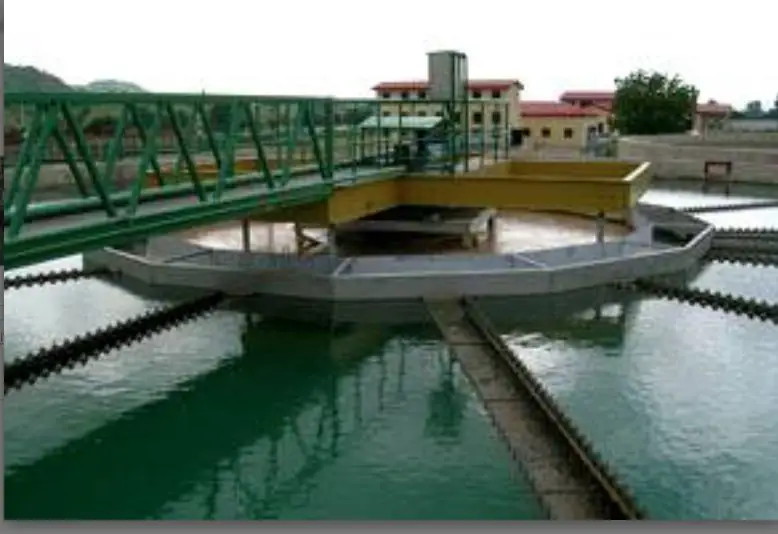Nearly 700,000 Gombe residents, the capital of Gombe State, are about to face one of the hardest times as their only and main source of clean water is no longer flowing.
This is going on despite the government claiming that it has used around N6.3 billion in offering water to the people of the state in the last two years.
The money is enough to sink at least 200 standard boreholes (at N250, 000 per unit) in each of the 114 wards in the state, or 11 boreholes in each of its 2218 polling units.
In the 2015 financial year, the Governor of Gombe State Ibrahim Dankwambo said the government had budgeted N3.7 billion for water. This year, the government has set aside N2.6 billion to provide water.
But despite this big spending, Gombe state capital, is encountering a big shortage of water due to lack of money to service the city’s main source of water.
The Gombe State water works that supplies distilled water from Dadin-Kowa dam to the state capital, is reported to have broken down due to lack of money for its maintenance.
Should this situation continue, the city, which has a lower aquifer, may be forced to depend on unreliable sources of take care of its water needs. Residents are worried that such situation might lead to outbreak of an epidemic in the city.
In the past, neigbouring towns like Biu in Borno State, which has similar geological features with Gombe, was faced with epidemic like cholera after residents drew drinking water from shallow boreholes and hand pumps.
This has raised concern among the residents who complain the fear of going back to days of buying water from local push cart water-vendors.
Gombe State Water Board General Manager Isa Muhammad admitted that the water works needed to be serviced, a situation which he said has been caused by on lack of maintenance by the poorly financed water management board.
He also blamed the situation on nonpayment water utility levies by the people.
“All through last year, only a paltry sum of six million naira (N6, 000,000) was realized from the payment of water rates, because the people are used to the habit of not paying for the consumption of water,” said Mr. Muhammad.
He adds that the glaring economic slump has made it compulsory for the Water Board to really sit up and look inward.
